The world’s largest election could also be one of its most consequential.
New Delhi, June 3 (V7N Dhaka) - India, with close to 970 million voters among its more than 1.4 billion people, witnesses its general election pitting Prime Minister Narendra Modi, an avowed Hindu nationalist, against a broad alliance of opposition parties scrambling to keep pace.
Now 73, Modi first ascended to power in 2014, championing promises of economic development and presenting himself as an outsider combatting corruption. Since then, he has intertwined religion with politics, garnering considerable support from the Hindu majority.
Under Modi's leadership, India has risen as a global power, yet his tenure has also witnessed escalating unemployment, assaults by Hindu nationalists against minorities—especially Muslims—and a diminishing space for dissent and free media.
The 6-week-long election concluded on Saturday, with vote counting set to commence on Tuesday and updates expected throughout the day. The election results are anticipated to be revealed on the same day.
Voters elected 543 members for the lower house of Parliament for a five-year term.
Votes were cast at over a million polling stations, with each of the seven voting phases lasting a single day and encompassing several constituencies across multiple states. The staggered polling facilitated the transportation of election officials and voting machines and the deployment of tens of thousands of troops to prevent violence. Candidates traversed the country, poll workers journeyed to remote villages, and voters endured lengthy queues in scorching conditions.
India employs a first-past-the-post multiparty electoral system, where the candidate with the most votes wins. To secure a majority, a party or coalition must surpass the mark of 272 seats.
India utilizes electronic voting machines.
Modi’s Bharatiya Janata Party and his primary challenger, Rahul Gandhi of the Indian National Congress, represent the two largest factions in Parliament. Several other significant regional parties are part of an opposition bloc.
Opposition parties, previously fragmented, have coalesced under a front called INDIA (Indian National Developmental Inclusive Alliance) to challenge Modi's bid for a third consecutive term.
While most exit polls project Modi's victory, especially after his Hindu nationalist pledge fulfilled by opening a Hindu temple in Ayodhya in January, the polls have witnessed escalated polarizing rhetoric targeting the country's Muslim minority.
Another triumph would solidify Modi's stature as one of the nation's most popular and influential leaders. It would follow a resounding win in 2019, where the BJP secured an absolute majority by winning 303 parliamentary seats, while the Congress party managed only 52 seats.
For decades, India has adhered steadfastly to its democratic principles, buoyed by free elections, an independent judiciary, a vibrant media, robust opposition, and peaceful power transitions. However, under Modi's decade-long rule, some of these foundations have shown signs of erosion, casting the current polls as a litmus test for the country's democratic values.
Many observers have categorized India as a "hybrid regime," straddling between democracy and autocracy.
The election results will also gauge Modi's boundaries. Critics accuse him of championing a Hindu-first agenda, jeopardizing the nation's secular fabric.
Media, once lauded for its vibrancy and independence, has become more compliant under Modi, with critical voices suppressed. Courts have often aligned with Modi's agenda, issuing favorable verdicts in critical cases. Centralization of executive power has strained India's federal structure. Additionally, federal agencies have embroiled top opposition figures in corruption cases, which they vehemently deny.
Another critical issue is India's robust yet job-hungry economy. Despite impressive growth, the Modi government has grappled with generating employment for its youth, resorting instead to welfare schemes like free food and housing to court voters.
END/V7N/SPD/DK/



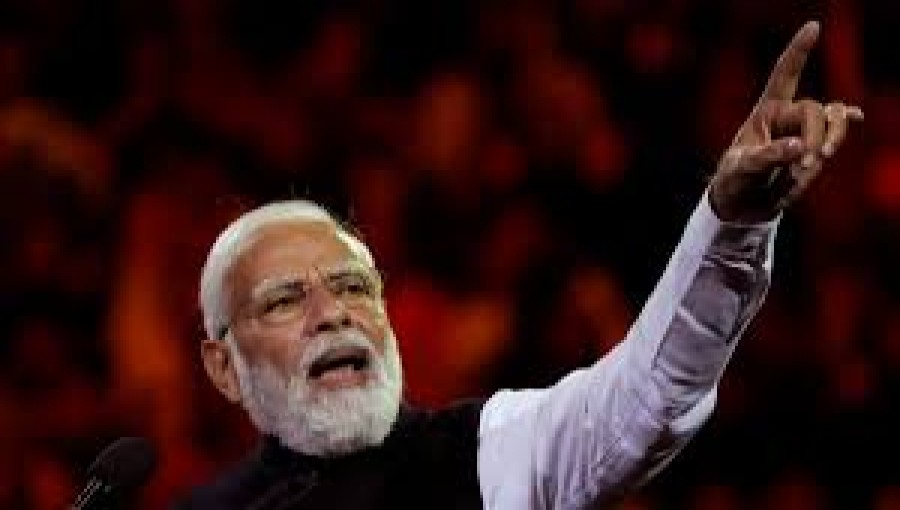

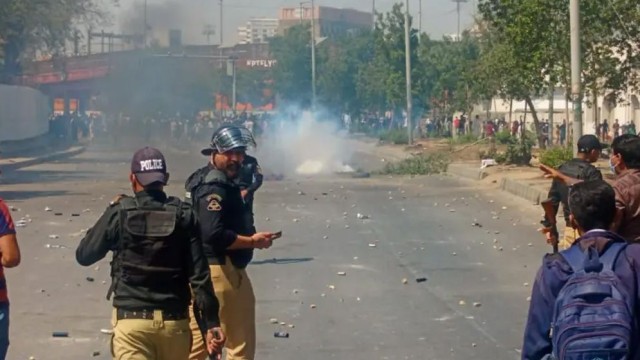
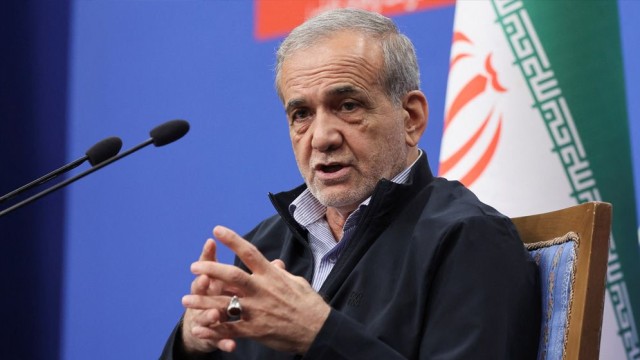
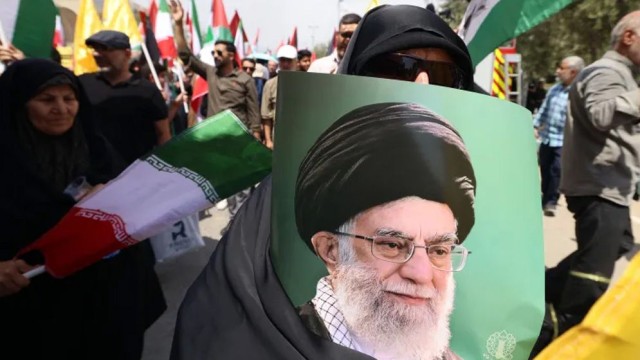
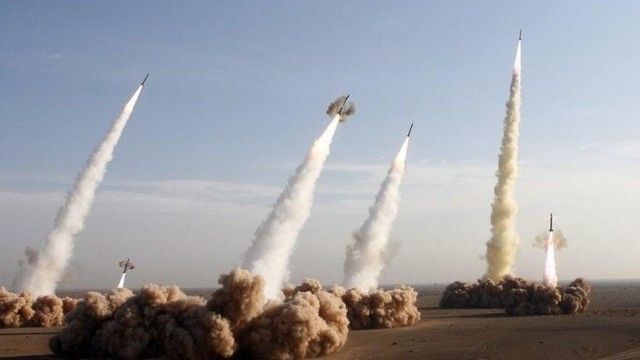
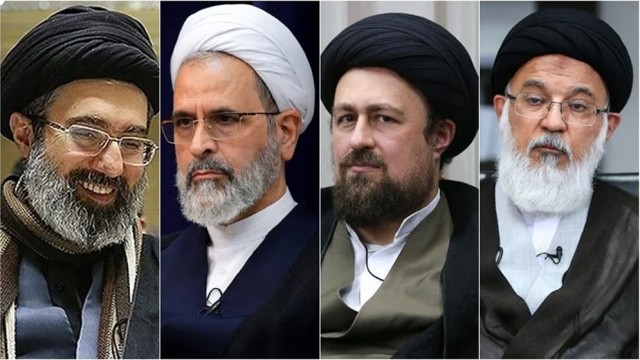

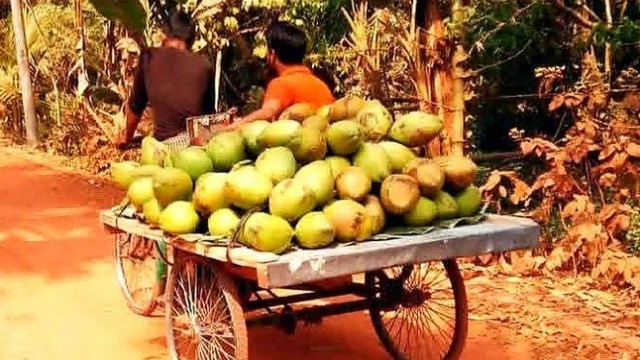
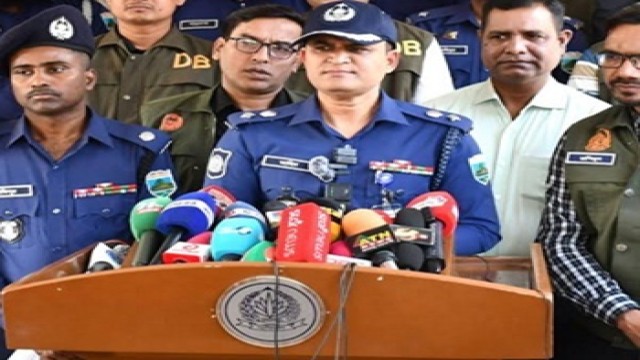
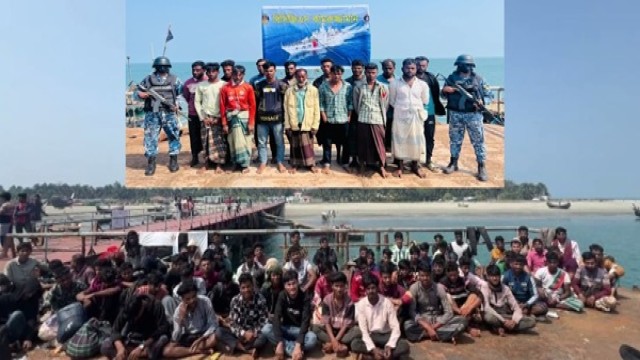
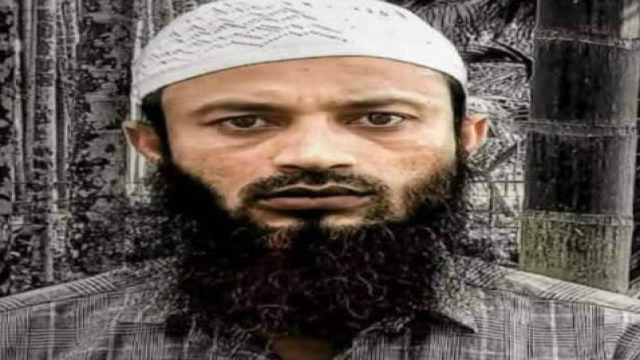
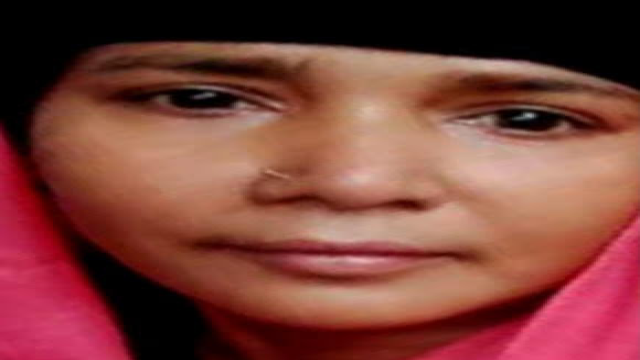


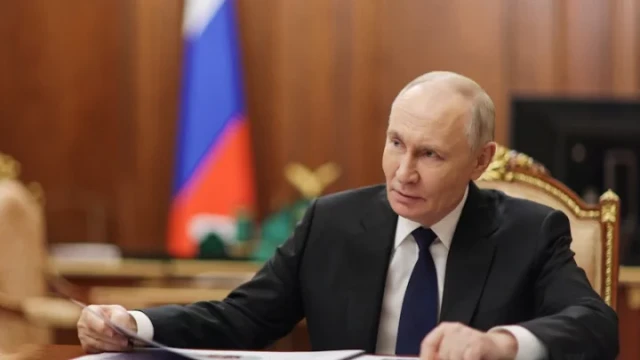
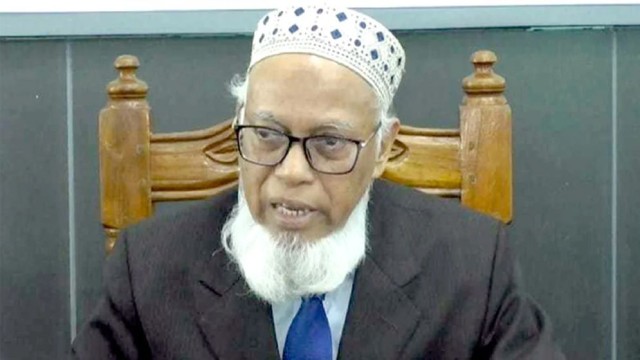







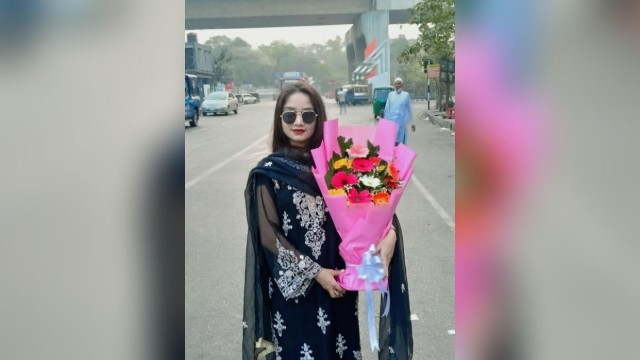


Comment: